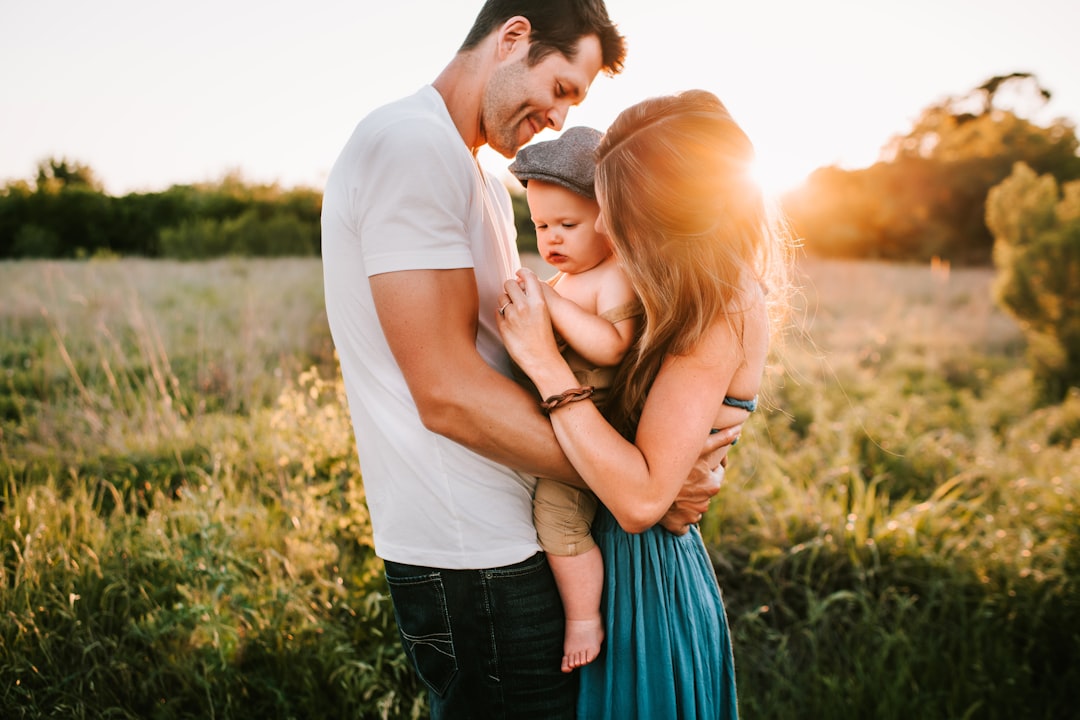What is it about?
Racial socialization is a known parenting practice among families of color. Parents and caregivers want their children to understand what it means to be Black, or Latino, or a member of First Nations, etc. in the United States. But there are many ways of going about this, from teaching explicitly about heritage, discrimination, racism, and the importance of pride, to emphasizing equality and minimizing the importance of racial and ethnic differences, to being a lot more subtle about the significance of race and ethnicity. In this article, we are exploring how a child's age might impact the types of messages about race parents and caregivers communicate. We discover that social class plays an important part as well in what messages are communicated, and we suggest that there may be a link between parents' and caregivers' work experiences and those messages.
Featured Image
Why is it important?
There has not been very much racial socialization research on young children or that really examines the role social class might play in racial socialization.
Perspectives
What I really like about this piece is that it encourages us to think in complex ways about the process known as racial socialization.
Dr. Fabienne Doucet
New York University
Read the Original
This page is a summary of: What should young Black children know about race? Parents of preschoolers, preparation for bias, and promoting egalitarianism, Journal of Early Childhood Research, April 2016, SAGE Publications,
DOI: 10.1177/1476718x16630763.
You can read the full text:
Contributors
The following have contributed to this page










